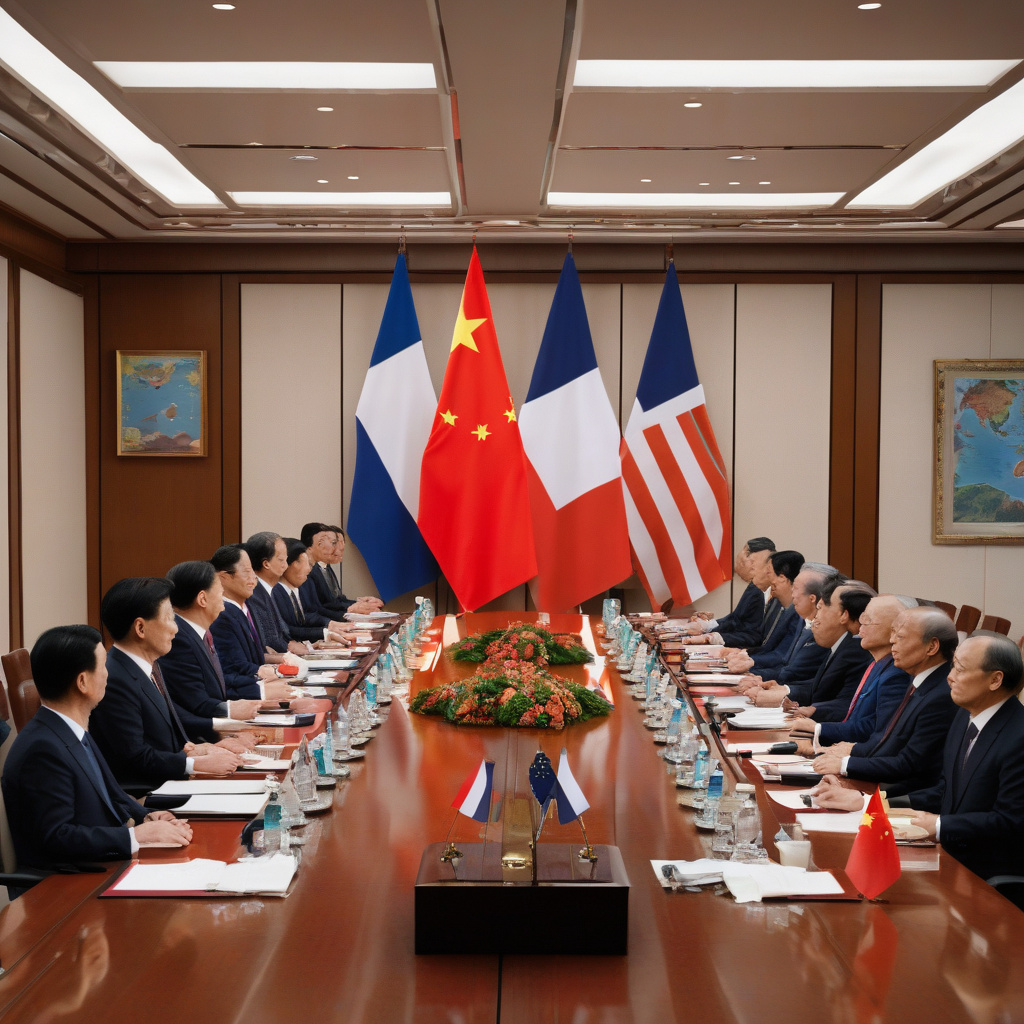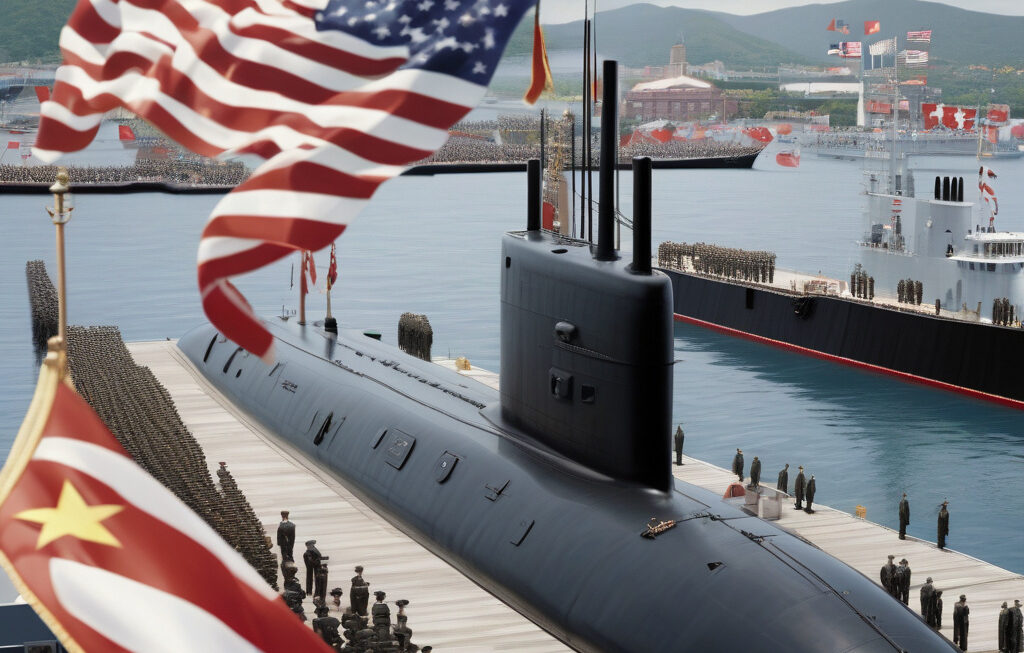France Claims China Used Embassies to Sabotage Rafale Deals After India-Pakistan Clash
In an extensive disinformation campaign traced back to Beijing, Chinese embassies mobilized to discredit the Rafale fighter jets, a flagship of French aviation, following the India-Pakistan clash. The diplomatic row between France and China escalated when French investigative journal “Disclose” revealed that Chinese embassies were allegedly instructed to tarnish the image of the Rafale jets, making the procurement deals more challenging for France.
The Rafale, manufactured by Dassault Aviation, has been a point of pride for the French aerospace industry. It is known for its cutting-edge technology, superior performance, and versatility in combat situations. In 2016, India signed a deal with France to purchase 36 Rafale jets in a government-to-government agreement worth €7.87 billion. However, the recent conflict between India and Pakistan seems to have triggered a coordinated effort by Chinese embassies to undermine the reputation of the Rafale jets.
The disinformation campaign orchestrated by Chinese embassies aimed to raise doubts about the effectiveness of the Rafale jets, questioning their capabilities and value for money. By spreading negative narratives and unsubstantiated claims, China sought to influence countries considering the procurement of Rafale aircraft, ultimately jeopardizing potential deals for Dassault Aviation.
France has condemned these actions, alleging that China misused its diplomatic missions to advance its strategic interests at the expense of fair competition and international cooperation. The French government has called for an investigation into the matter and is considering diplomatic measures to address China’s alleged interference in the Rafale deals.
The implications of China’s alleged sabotage attempts extend beyond economic repercussions for Dassault Aviation and France. They underscore the broader issue of disinformation campaigns in international relations, where misinformation and propaganda are used as tools to manipulate perceptions and sway geopolitical outcomes. In the case of the Rafale jets, the stakes are high, with strategic partnerships and defense contracts hanging in the balance.
Despite the challenges posed by China’s actions, France remains committed to upholding the integrity of the Rafale deals and protecting its interests in the global arms market. The French government has reaffirmed its confidence in the Rafale jets’ capabilities and is working to counter the disinformation spread by Chinese embassies through factual rebuttals and diplomatic outreach.
As the controversy surrounding China’s alleged sabotage of the Rafale deals unfolds, it serves as a cautionary tale for countries engaging in defense procurement processes. The case highlights the importance of vigilance against foreign interference, the need for transparency in arms deals, and the imperative of safeguarding national security interests from malicious disinformation campaigns.
In conclusion, the clash between France and China over the Rafale deals exposes the complex dynamics of international diplomacy and the lengths to which countries may go to gain a competitive edge in the global arms trade. It underscores the significance of robust defense partnerships, ethical conduct in defense contracts, and the resilience required to withstand external pressures in the ever-evolving landscape of international relations.
France, China, Rafale, Disinformation Campaign, Diplomatic Row












